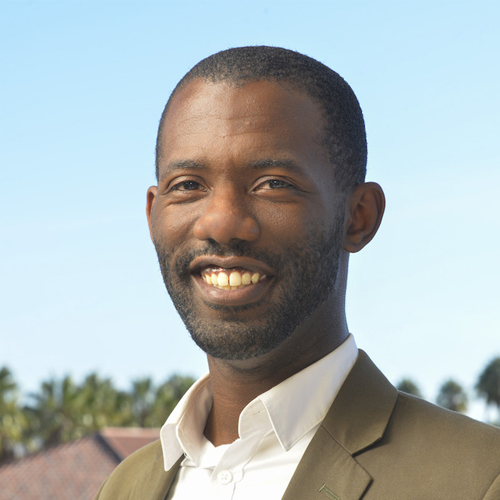
Will Tarpeh, Ph.D.
Assistant Professor in Chemical Engineering
Will Tarpeh is an Assistant Professor in Chemical Engineering at Stanford University. Tarpeh’s research involves reimagining liquid waste streams as resources and enabling more efficient, less costly approaches to reducing harmful discharges to the environment. He is developing novel technologies to capture pollutants in effluent streams so that they may be used as valuable inputs to other processes. For example, municipal wastewater contains resources like energy, water, nutrients, and metals. The Tarpeh Lab develops and evaluates novel approaches to resource recovery from “waste” waters at several synergistic scales: molecular mechanisms of chemical transport and transformation; novel unit processes that increase resource efficiency; and systems-level assessments that identify optimization opportunities. His team employs understandings of electrochemistry, separations, thermodynamics, kinetics, and reactor design to preferentially recover resources from waste. They leverage these molecular-scale insights to increase the sustainability of engineered processes in terms of energy, environmental impact, and cost.
Click here to read more about Dr. Tarpeh’s work.
